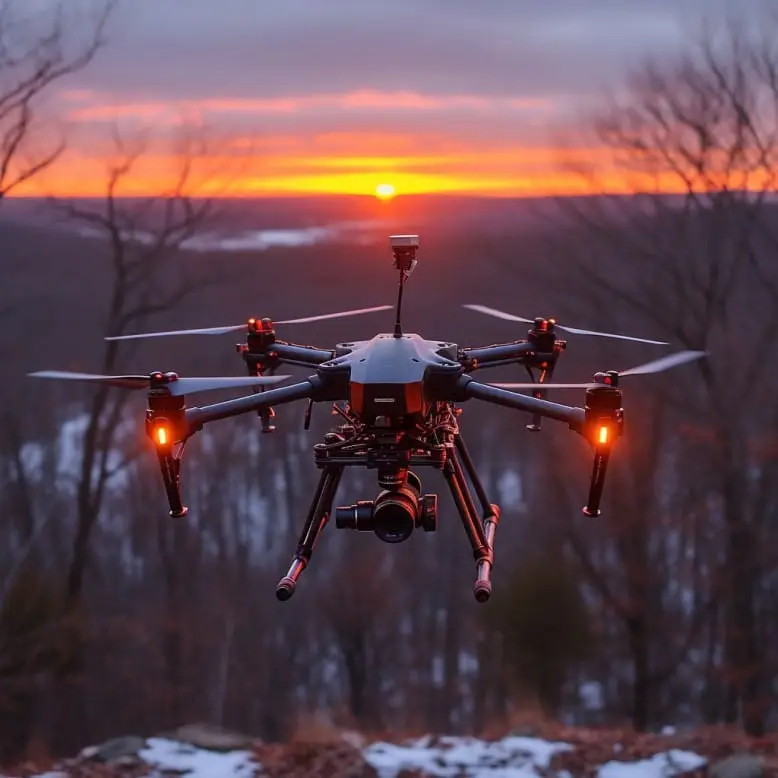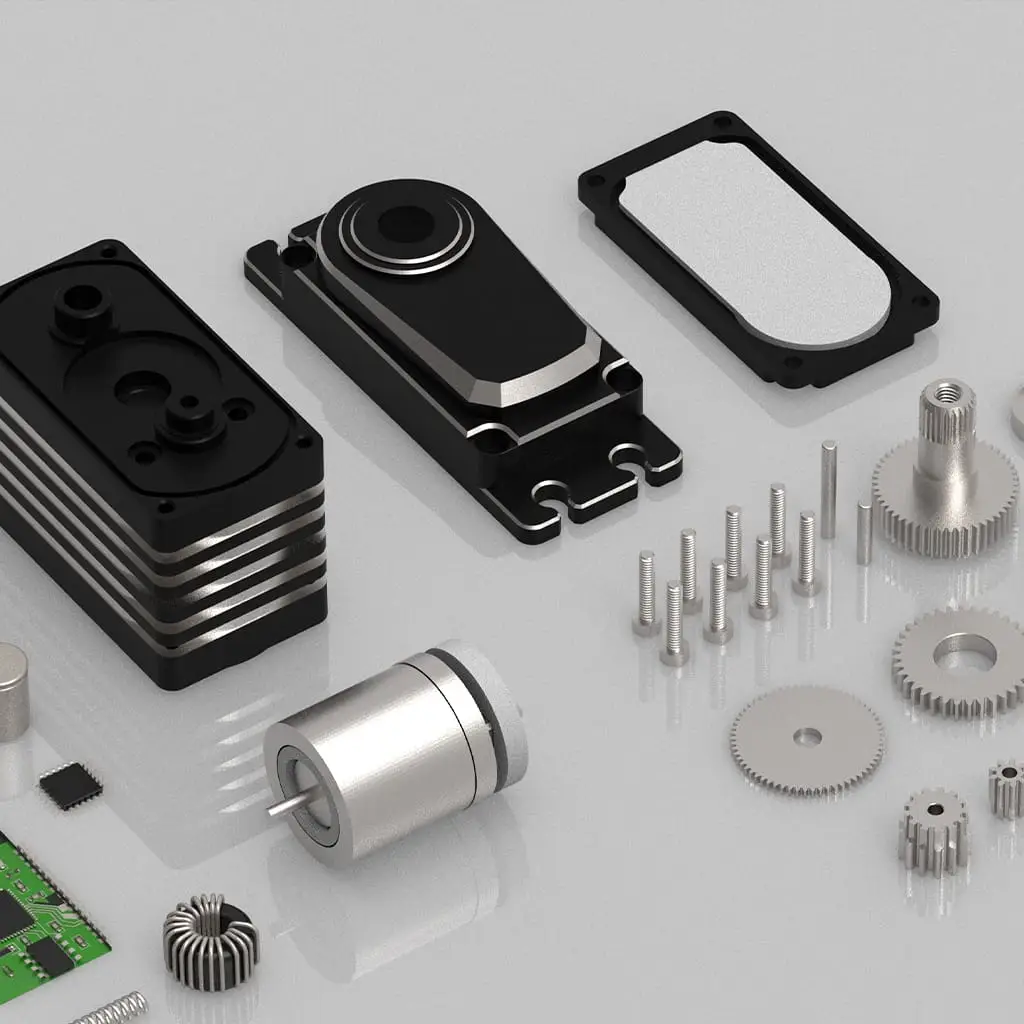Today’s medical devices are rapidly evolving toward intelligence, automation, and remote operation. Smart servo systems are no longer just command executors—they are becoming intelligent nodes capable of sensing, feedback, computation, and decision-making. GXServo, with its built-in processor, communication capabilities, and smart algorithm interfaces, is at the forefront of this transformation.
GXServo supports multiple protocols (CAN, Modbus, UART, etc.) and can connect directly to AI control systems to realize an integrated sensing-control-feedback loop. In intelligent surgical navigation systems, GXServo not only adjusts physical positions but also sends real-time angle, current, and load data to the central system, where AI analyzes deviations and returns optimized strategies—achieving a “run and learn” feedback loop that enables adaptive optimization.
Additionally, GXServo has self-diagnostic capabilities, able to detect and report issues such as stall conditions, voltage fluctuations, and overheating. When early failure signals are detected, it proactively slows down or activates protection. This feature is critical for emergency or night-shift unattended medical equipment. Increasingly, hospitals will rely on such self-aware servo systems.
GXServo also supports OTA (over-the-air) updates, making it easy to evolve medical software. For example, in remote health monitoring devices, servo control strategies may need to be updated according to patient conditions. Technicians can push new firmware remotely, and GXServo will automatically identify and refresh it—without the need to disassemble or replace hardware.
Smart servos are also driving modular medical device development. GXServo allows networked synchronization of multiple servos. Through its centralized scheduling system, each module can auto-detect its position and adjust behavioral parameters accordingly. The vision of “Lego-like” smart medical terminals is gradually coming to life.
GXServo’s intelligent control and feedback functions signify that servos are no longer “rigid” mechanical executors but intelligent nodes with learning capabilities. This evolution gives medical devices greater adaptability, safety, and scalability—laying a solid foundation for the next generation of smart healthcare systems.

